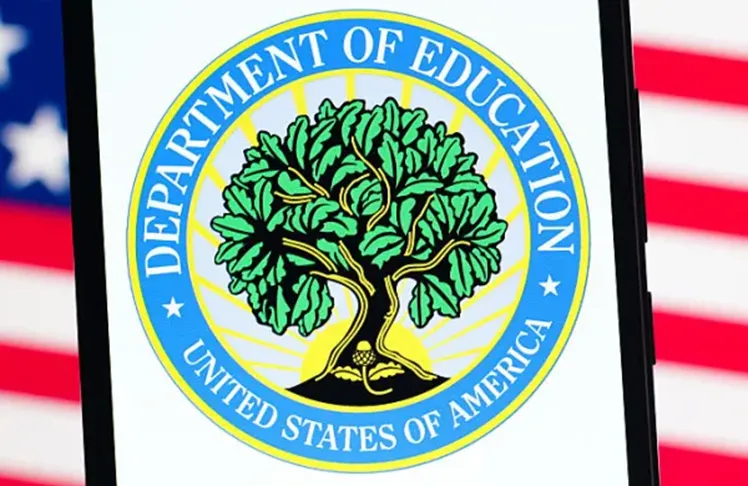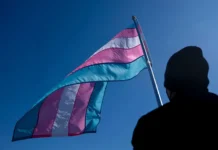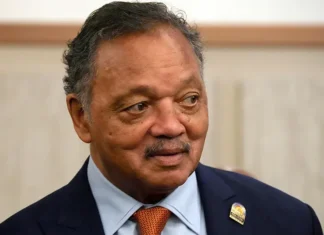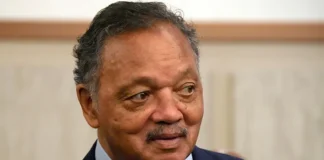
It might be harder for Black students with disabilities to get the support they need from the federal government after the Trump administration laid off nearly every worker inside the Education Department’s special education unit last week.
The Trump administration laid off hundreds of staffers at the Office of Special Education and Rehabilitative Services (OSERS) on Oct. 10 as part of the latest round of cuts at the U.S. Department of Education. But on Wednesday, a federal judge temporarily blocked the move after two employee unions sued the government over the mass firings. During the court hearing, Judge Susan Illston of the Northern District of California said the Trump administration’s decision was “enormously disruptive” to students, the 74 reported.
For decades, the U.S. Department of Education has tracked educational disparities in our nation’s K-12 schools, some of which are seen among students with disabilities. The department uses this data to fund grants or create programs used to close the equity gaps
“The whole point of the federal Department of Education and the offices of civil rights and offices of special education is to provide a sort of backstop for those vulnerable students who may not forget the services that are required by law or may not, get the services that they need to be successful,” Eric Duncan, the director for P-12 policy at EdTrust, says.
Black Students Face the Greatest Risk
Black students are disproportionately placed in special education, partially because teachers misread their behavior. Word In Black previously reported that this placement can prevent them from taking AP classes and accessing other opportunities that help prepare students for college. But efforts to address the overrepresentation of Black students in special education could be halted by the latest mass layoffs.
OSERS is responsible for overseeing the nation’s 7.5 million students in special education and ensuring states are complying with the Individuals with Disabilities Education Act. The 1970 federal law guarantees that students with disabilities receive a free and appropriate public education.
Although the law still exists, the people in charge of enforcing IDEA are mostly gone, cutting off the lifeline for students with disabilities to get federal help.
“For those students who have grievances and need interventions from the federal government to enforce those federal protections, not having those workers there to address those concerns and answer those immediate concerns is just another line of protection that students won’t have,” Duncan says.
Civil Rights Complaints Pile Up
The Office for Civil Rights, which investigates incidents of discrimination pertaining to race, sex, or ability, is already buried under a historic backlog. Staffing shortages and a surge in complaints, worsened by the recent wave of federal layoffs, have led to a backlog of over 25,000 cases as of July 2025.
Between 2021 and 2024, the agency received roughly 27,600 disability-related complaints — a 78% increase according to federal data.
The next court hearing between the federal government and the two employee unions will occur on Oct. 28.
A Broader Attack on the Department of Education
Even if the judge decides to reverse the Trump administration’s latest mass firings, Duncan says the real issue at heart is the government’s constant devaluation of the U.S. Department of Education.
Meanwhile as the federal government closes in on it’s third week of shutdown, Education Secretary Linda McMahon took to X, formerly Twitter, to write, “millions of American students are still going to school, teachers are getting paid, and schools are operating as normal. It confirms what the President has said: the federal Department of Education is unnecessary, and we should return education to the states.”















